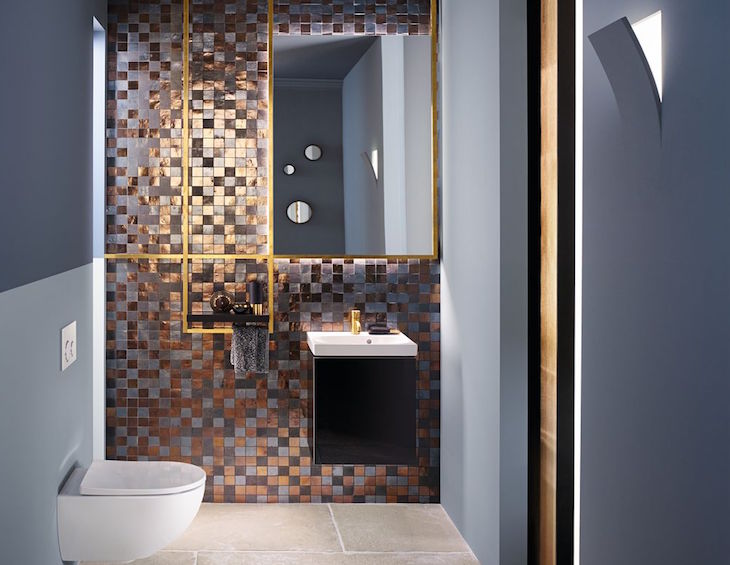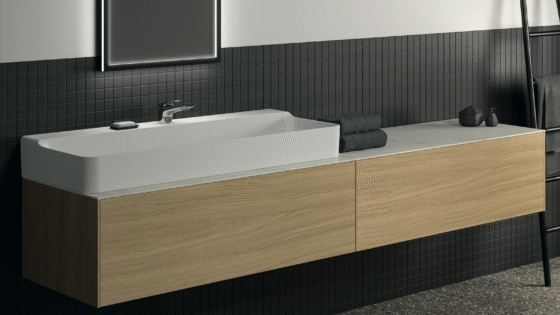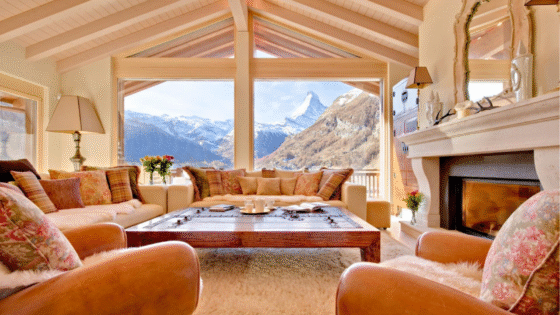Hotel guests today are increasingly expecting much more from their hotel stay. But, as Sophie Weston, channel marketing manager at Geberit explains, understanding the impact of unwanted noise on the guest experience can hold the key to a more positive outcome at what is a critical time for the hotel sector…

The impact of sound cannot be over-estimated. Our ears work even when we’re asleep, with the brain continuing to process the sounds it detects. And when we are awake, the impact that those everyday, seemingly mundane sounds can have a huge impact on our wellbeing. Consider the effect that a constantly dripping tap or flushing toilet, for example, can have on one’s mood.
Sound is something we’re particularly passionate about at Geberit, with acoustics one of our core research areas. When we first commissioned a YouGov poll in February 2020, we wanted to get a greater insight on the effect of unwanted internal noise and, in particular, bathroom noise. We also wanted to understand a little more about how these ‘unwanted noises’ affected wellbeing.
Noisier than ever?
Our survey found that almost a third (30 per cent) of respondents who had stayed in a hotel in the last 12 months (February 2019 – February 2020) had been disturbed by bathroom noise at night. What was clear, too, from our research was the impact of this; more than half (51%) of respondents cited unwanted internal noise as having a negative impact upon their wellbeing.
Fast forward from our 2020 poll to the aftermath of the pandemic, and the importance of guest experience has never been more keenly felt. With the hotel sector one of the most hard hit by lockdowns and restrictions, the so-called ‘stay-cation’ boom this summer and easing of restrictions has offered a timely boost to the industry. The sector now has a unique opportunity to encourage this year’s guests back. And this starts with a positive guest outcome.
Meeting challenges
It’s fair to say that the hotel washroom has a crucial role to play in defining one’s guest experience. And yet, looking at our YouGov research, bathroom noise is clearly an issue for many. So what solutions are available for architects and designers to meet these very obvious challenges?
From acoustically optimised pipework with noise reducing properties, to decoupled pre-walls for added noise insulation, manufacturers are constantly innovating sound-proofing solutions that help to mitigate the age-old issue of sound from flushing toilets and other unwanted bathroom noise.
Wall-hung toilets with concealed cisterns and pre-wall frames decoupled from the construction, for example, are an effective way to prevent noise from travelling down the wall and through the floor. Opting for a toilet mounted using a frame such as Geberit Duofix can almost halve the decibels produced by a traditional floor standing toilet.
Likewise, sound optimised drainage piping can reduce noise transfer from flushing water, washbasins or showers. The Geberit Silent db-20 range, for instance, inherently uses more dense materials and, when combined with rubber and plastics where possible for decoupling and dampening, will prevent the transmission of sound more effectively than less dense materials.
Positive guest experience
The confidence is there. We carried out a YouGov poll in March 2021 of 2,000 adults across the UK which found that 43% of respondents planned to visit a hotel this year, compared to just 25% who had visited a hotel in the six months before the pandemic.
And, as the trend for selling ‘experiences’ and creating an escape for guests continues, so too does the value of creating a unique, positive experience to help build stronger memories and ensure customers keep coming back. The hotel washroom could hold the key to this.
Geberit is one of our Recommended Suppliers and regularly features in our Supplier News section of the website. If you are interested in becoming one of our recommended suppliers, please email Katy Phillips.
Main image credit: Geberit




